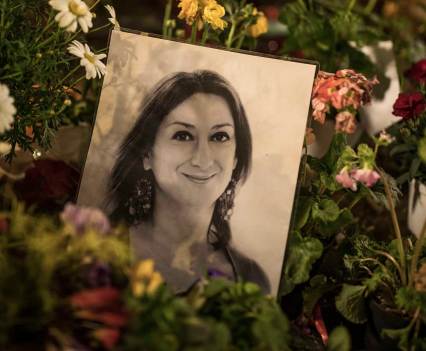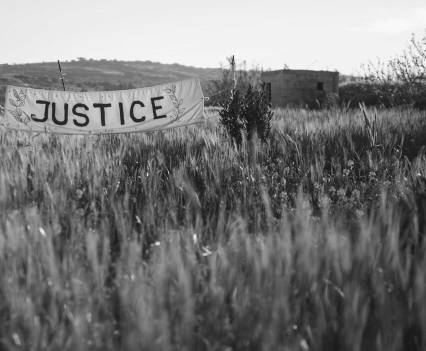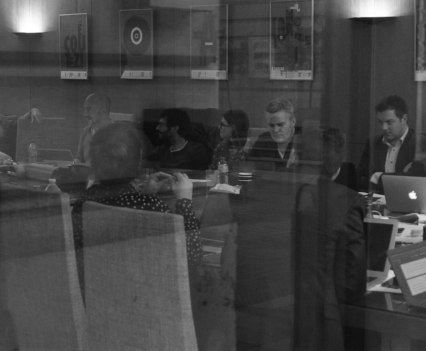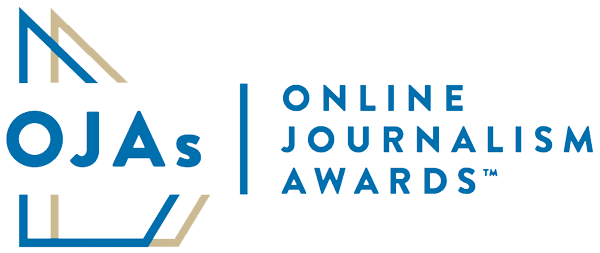



Organization
Forbidden Stories
Award
The Al Neuharth Innovation in Investigative Journalism Award, Small Newsroom
Program
2018
Forbidden Stories has coordinated the Daphne Project, a global collaborative investigation gathering 18 news organizations and 45 reporters from 15 countries, seeking to continue the work of late Maltese journalist Daphne Caruana Galizia on corruption and money laundering.
On October 16th, 2017, Daphne Caruana Galizia was killed in a car bombing. In the following weeks, Forbidden Stories started to gather some of the world’s most renowned publications: The New York Times, The Guardian, Reuters, Le Monde, Die Zeit, the Süddeutsche Zeitung, OCCRP, France 2, Radio France, The Times of Malta, IRPI, La Repubblica, NDR, WDR, Tages-Anzeiger, Direkt36, Radio NZ. It proposed them to join forces to continue Daphne’s vital investigations on public interest issues and to investigate her assassination.
These 45 journalists have worked together in total secrecy for 5 months. On 17th April 2018, the Daphne Project was made public, sending a powerful message to enemies of the press: even if you succeed in stopping a single messenger, you will not stop the message.
The Daphne Project stories made the frontpage of Le Monde, Süddeutsche Zeitung, La Repubblica, The Guardian or the New York Times’ International Edition and its videos reached hundreds of thousands of views in several languages. Thousands of social media users also expressed their enthusiasm for the project, massively using and sharing the #DaphneProject keyword.
The Daphne Project revealed that the 3 suspects arrested for the murder of the journalist were tipped off on their arrestation, and reported on several persons having seen the Maltese Minister for Finance Chris Cardona in a bar with one of the three suspects, both before and after the journalist’s assassination.
The Daphne Project focused as well on several investigation topics of relevance for the whole European Union and countries such as the United States, Russia, Iran,… which were being worked on by Daphne Caruana Galizia at the time of her death.
The 45 journalists of the project worked on the program which allows rich foreigners to acquire a Maltese passport for 1 million dollars. They revealed new names of passports buyers, the lack of control, and shed new light on this system through which Russian and Middle Eastern oligarchs get a foothold in the EU.
The Daphne Project revealed as well new key elements on the offshore companies owned by the former Minister for Energy and the chief of staff of the Prime minister of Malta.
The project undercovered how Azeri ruling families were linked to secret investments in Europe via a Maltese bank.
Less than a week after first revelations, the Council of Europe appointed a rapporteur to monitor the rule of law in Malta. The EU Commission Vice-President Frans Timmermans declared : “Everything the Daphne Project brings to table (…) will be carefully ascertained. If we see scope to act, we will do so”.
On the island itself, the project’s massive impact is still unfolding. On April 29th, thousands of persons were in the streets of Valletta calling for justice and asking the Prime Minister to resign.
The Online Journalism Awards™ (OJAs), launched in May 2000, are the only comprehensive set of journalism prizes honoring excellence in digital journalism around the world.
